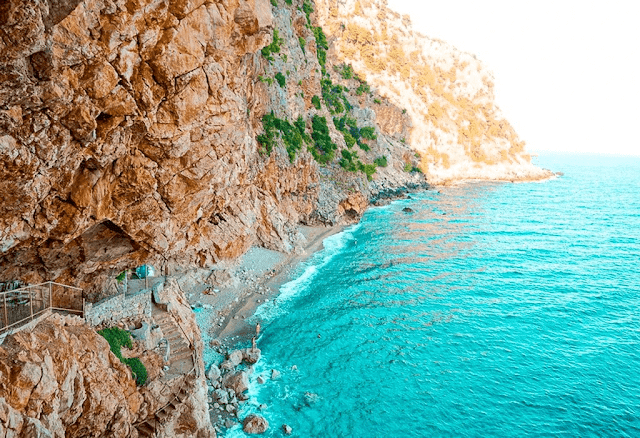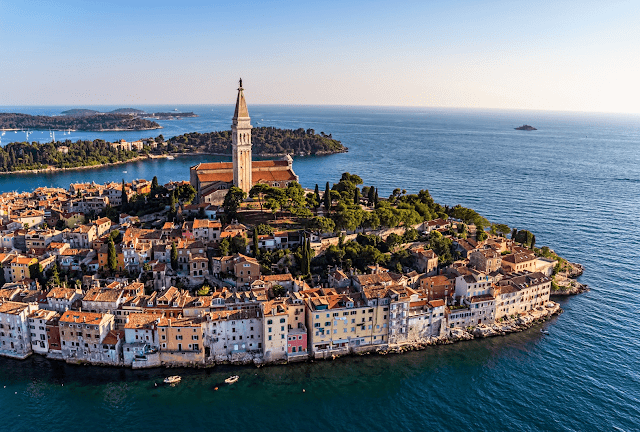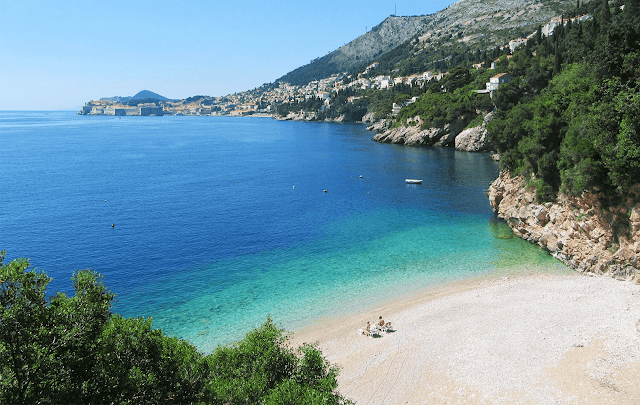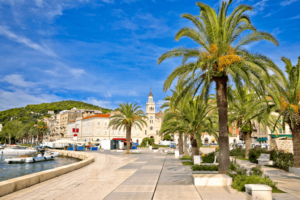The beach bars are open, the sun loungers are out, and the party music is blasting. After more than a year of coronavirus lockdowns and travel bans, hotels and restaurants are welcoming guests looking to get a head start on summer.
Croatia has reopened its beautiful Adriatic coast to international visitors, being one of the first European countries to do so. People’s right to fly there now is determined by the travel laws of each region.
Istria, the northernmost part of the Croatian coast, is known for its pebble beaches, dense pine trees, wine, and delicacies such as truffles, olive oil, goat cheese, and prosciutto.
In the picturesque town of Rovinj, few people wear masks on the streets or in restaurants. Indoor dining restrictions and rules specifying a certain amount of space between tables are also in place, but they are hardly followed.
Virus cases are declining in Croatia, and vaccinations are increasing following a late start to the country’s vaccine rollout. Officials estimate that by mid-summer, half of the 4 million-strong population will have been completely vaccinated.
Croatia, a member of the European Union and a common holiday destination on the continent, is allowing visitors with a vaccine card, evidence of a negative result, or proof of recovery from COVID-19 from entering the country. These plans were put in place by health officials weeks before the EU announced on Wednesday that completely vaccinated international travelers from countries considered secure would be allowed to join the 27-nation bloc shortly.
When direct flights from New York to Dubrovnik begin in July, Croatian tourism officials anticipate a surge in American visitors who will be spared the inconvenience of airport transfers.
Nikolina Brnjac, Croatia’s tourism minister, said her country is taking stringent health precautions to prevent a repeat of last year, when tourists disregarded social boundaries on the beaches and in pubs, and the tourist season suddenly ended with a spike in coronavirus cases.
COVID-19 vaccinations will be given first preference to the country’s 80,000 tourism staff, and many PCR monitoring stations will be set up to make it easier for travelers to receive results they will need to get when they return home.



